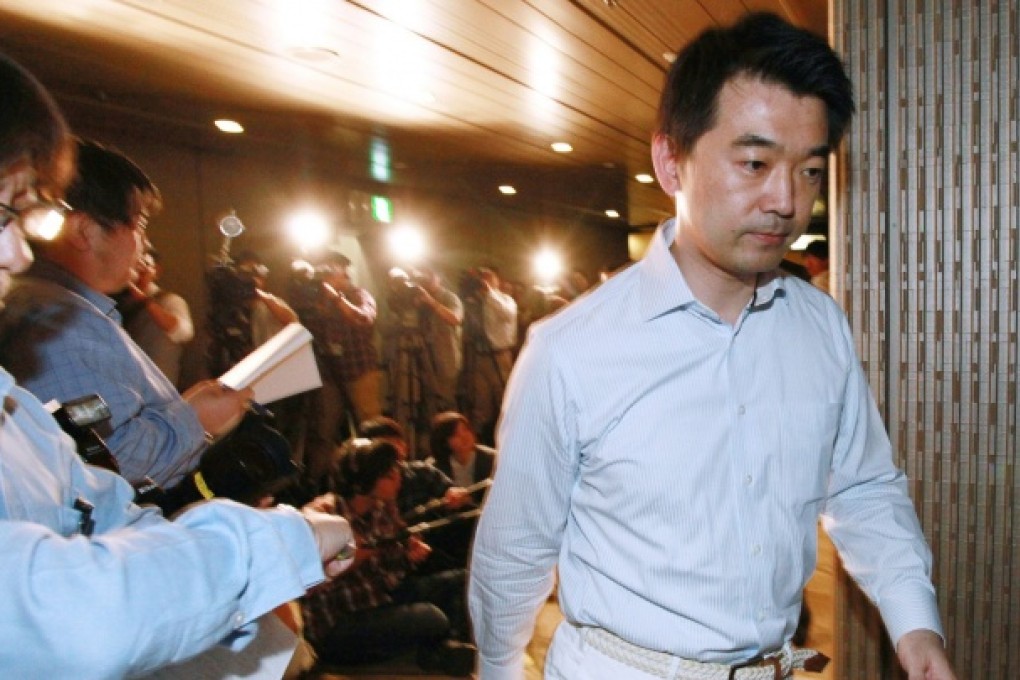
Osaka Mayor Toru Hashimoto and our own security chief Lai Tung-kwok have much in common. Both men have caused public outrage this month with their comments related to violence against women.
After half a century of the sexual and gender equality revolution, it's remarkable how powerful and well-educated men in Asia still go about life as if nothing has changed.
Lai started a furore this week when he suggested women should drink less while socialising to avoid being sexually assaulted. His remarks led to calls for an apology from women's groups. So far, he has made contrite remarks which stopped short of a full apology.
Earlier, Hashimoto said the Japanese army's use of Asian women as sex slaves during the second world war amounted to a military "necessity". That remark predictably provoked outrage among Japan's Asian neighbours.
To make sure he offends everyone, the Japanese mayor also suggested American soldiers stationed in Okinawa should frequent local sex workers more so they would commit fewer rapes against women civilians. Hashimoto was forced to make an apology of sort. But he also hit back at Washington's criticism of his sex slaves remark yesterday, saying American soldiers had also abused Japanese women during their post-war occupation of Japan.
Lai and Hashimoto seem to hold a Neanderthal view of male sexuality, though the Japanese politician is clearly much more offensive. This view holds that men have sexual urges that are aggressive, violent and uncontrollable, and that they come in quantities. They have to be worked off or be allowed to dissipate. Otherwise, they build up and explode in uncontrollable acts of violence. That's why Lai thinks women would be less provocative to men if they drink less. And for Hashimoto, American and Japanese soldiers had to work off their urges one way or another. That's the "necessity" he was referring to.

